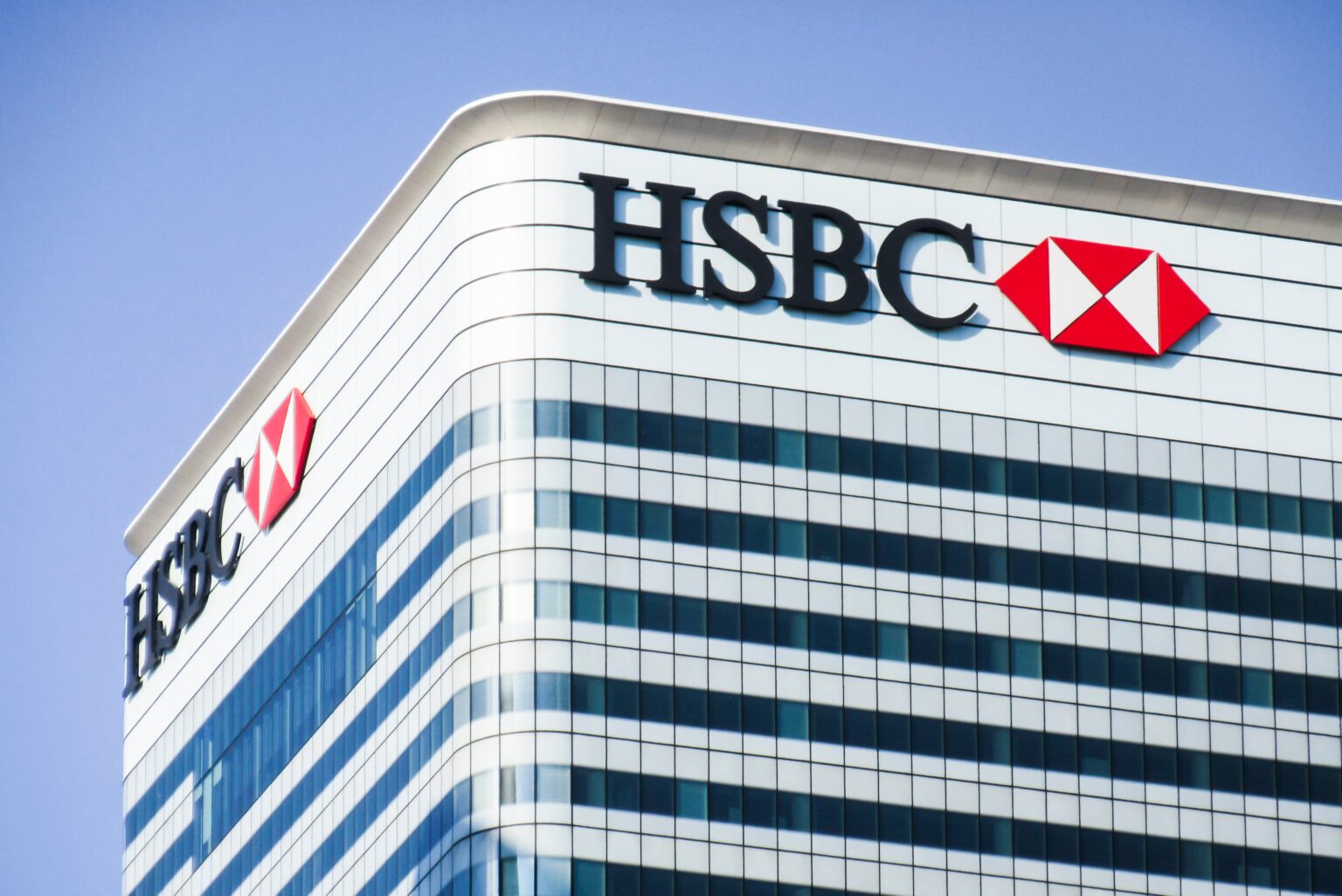In a significant move, HSBC (HSBA.L), a prominent British bank, has decided to withdraw from the Net-Zero Banking Alliance (NZBA). This decision comes after a series of similar exits from major U.S. banks, signaling a shift in the banking sector’s approach to climate commitments. HSBC, while acknowledging the role NZBA played in developing frameworks to guide banks in setting emissions-reduction targets, has stated that the foundational work is now in place, and it is time to take a different direction. The bank aims to update its own net-zero transition plan independently.
Context of the Decision
HSBC’s departure from NZBA follows the withdrawal of other global financial players, including JPMorgan, Citi, and Morgan Stanley. The NZBA, formed in 2021, was intended to align the banking industry with the global objective of reducing emissions and limiting the rise in global temperatures. The initiative encouraged members to set ambitious emissions targets and mobilize capital for green activities. However, with some governments’ climate ambitions slowing down, HSBC believes that it no longer requires the alliance’s framework to proceed with its sustainability goals.
An HSBC spokesperson emphasized that the bank remains “resolutely focused” on aiding its customers’ transitions to more sustainable practices and continues to aim for its net-zero target by 2050. HSBC’s departure may reflect broader concerns within the financial sector about the practicalities of reaching such lofty environmental goals.
Global Trends and Implications
The global banking industry has been under increasing pressure regarding its involvement in climate initiatives. In the United States, several Republican lawmakers have voiced strong opposition to financial institutions that they argue are penalizing fossil fuel industries by limiting financing for them. These political pressures have contributed to the trend of banks reassessing their participation in groups like NZBA.
At the same time, there has been a growing concern among environmental advocates about the banks’ true commitment to addressing climate change. Jeanne Martin, Co-Director of Corporate Engagement, condemned HSBC’s move, citing it as a “troubling signal” regarding the bank’s climate strategies. The decision, she argues, undermines efforts to combat the climate crisis and could set a dangerous precedent for other financial institutions.
HSBC’s Climate Strategy Moving Forward
Despite exiting NZBA, HSBC maintains that it is committed to reducing its carbon footprint. The bank’s net-zero transition plan remains a key component of its broader sustainability agenda. HSBC’s Chief Sustainability Officer, Julian Wentzel, clarified earlier this year that the bank intends to take a “more measured approach” to lending to the fossil fuel sector, which some activists feared would lead to a watering down of the bank’s climate promises.
HSBC’s approach will continue to be guided by the latest scientific evidence and industry-specific pathways, ensuring that it aligns with the latest understanding of how to achieve a sustainable transition. The bank’s stated commitment to its climate goals indicates that it will likely continue its investments in green technologies and sustainable projects, though the specifics of these investments remain to be seen.
The Future of Banking’s Role in Climate Action
As HSBC moves away from NZBA, the future role of banks in the climate action landscape remains uncertain. While some argue that voluntary alliances like NZBA are no longer necessary, others contend that such groups are vital for ensuring that banks continue to make significant strides in reducing emissions. The next few years will be crucial in determining whether banks can meet their environmental goals without the framework provided by such organizations.
As the banking sector adjusts its strategies, the global push toward net-zero emissions will likely continue to face challenges. Governments, financial institutions, and environmental organizations must work together to ensure that the transition to a sustainable economy remains on track.


